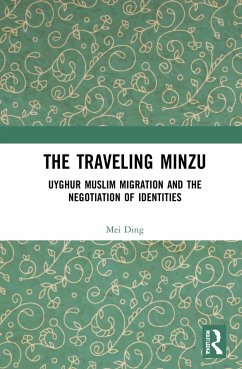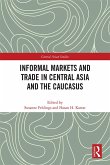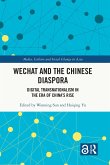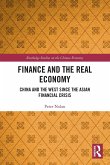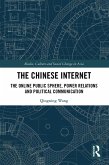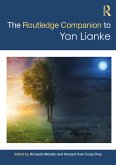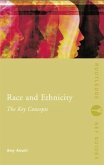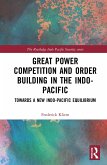Based on the everyday experiences of Uyghur business migrants, this book investigates how individuals embody and deploy minzu, one of the fundamental concepts in political and socioeconomic discourses in China after 1949, and how this concept travels to Australia with the migrants.
Through research on Uyghurs at the Tarim (pseudonym) restaurant in Ürümchi, Uyghur migrants in other major cities in China, and, finally, the immigrants in multicultural Australia, the author explains how they perceive the concept of minzu and how the concept and identity has been reformed and reshaped in specific social and economic contexts. She argues that these Uyghur migrants' minzu concept is closely intertwined with citizenship, which entails not only a set of legally defined rights and obligations but also a sense of equality and respect. The book provides a new way of reflecting on who the "Chinese" are and what form the "Chineseness" takes in a transnational context. Following the minzu concept in China and Australia, this book shows how cultural intimacy and critical multiculturalism can provide better sociocultural space for various Muslim migrant communities.
This book will appeal to social and cultural anthropologists and university students who are interested in China and Inner Asia, ethnicity, and transnational migration between China and the South Pacific.
Through research on Uyghurs at the Tarim (pseudonym) restaurant in Ürümchi, Uyghur migrants in other major cities in China, and, finally, the immigrants in multicultural Australia, the author explains how they perceive the concept of minzu and how the concept and identity has been reformed and reshaped in specific social and economic contexts. She argues that these Uyghur migrants' minzu concept is closely intertwined with citizenship, which entails not only a set of legally defined rights and obligations but also a sense of equality and respect. The book provides a new way of reflecting on who the "Chinese" are and what form the "Chineseness" takes in a transnational context. Following the minzu concept in China and Australia, this book shows how cultural intimacy and critical multiculturalism can provide better sociocultural space for various Muslim migrant communities.
This book will appeal to social and cultural anthropologists and university students who are interested in China and Inner Asia, ethnicity, and transnational migration between China and the South Pacific.

